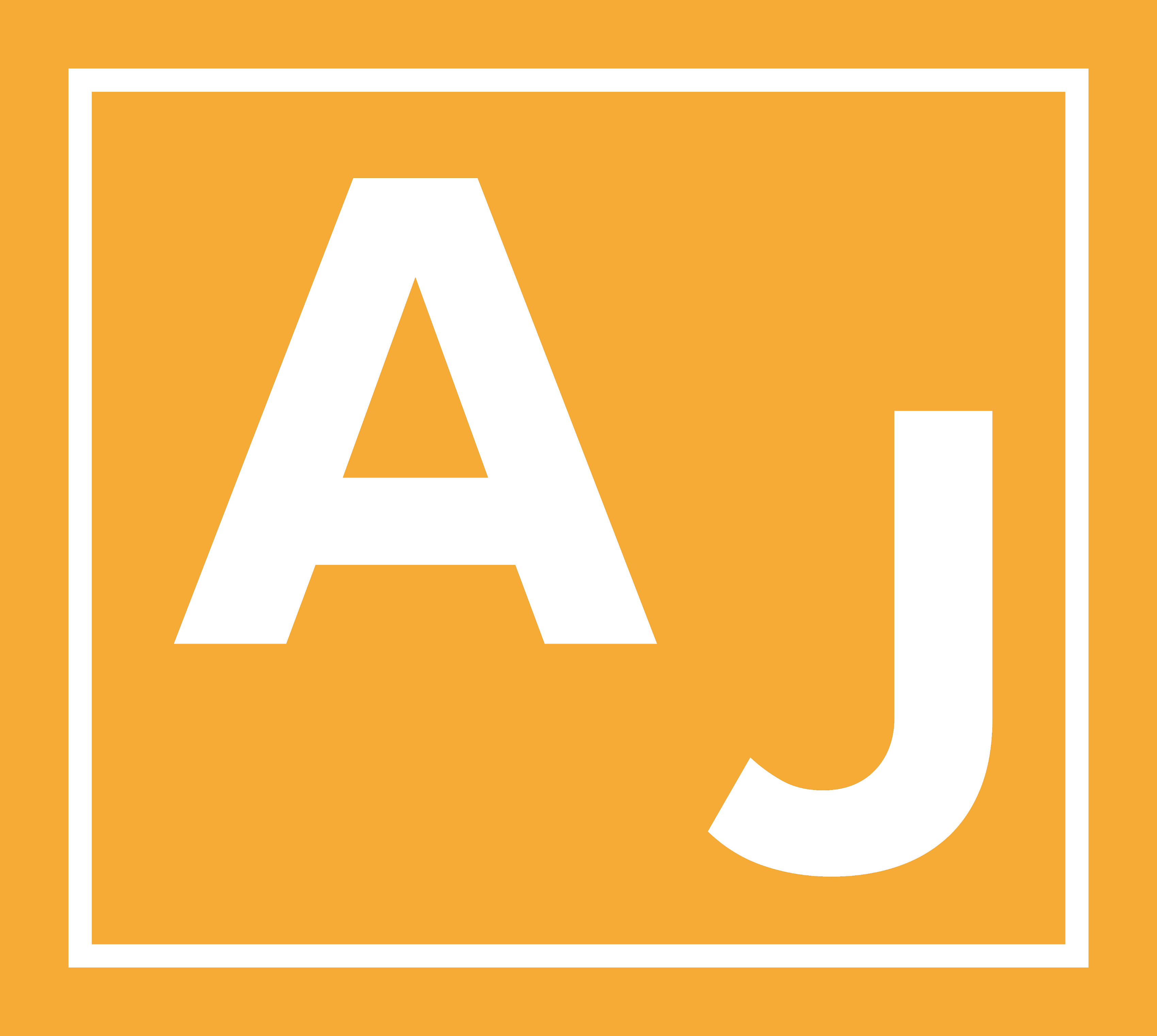This summer, I will teach a course on “Discursive Power”. The course takes an article that I published last year with Oliver Posegga and Jisun An as a starting point to have students think broadly and systematically about discursive power in society in the context of the changes introduced by digital media.
Course Description:
Contemporary societies are in transition. The constellation of organizations, groups, and individuals contributing to national or international information flows has changed as a result of the digital transformation. The “hybrid media system” has proven to be one of the most instructive concepts addressing this change. Its focus on the mutually dependent interconnections between various types of media organizations, actors, and publics has inspired prolific research. Yet the concept can tempt researchers to sidestep systematic analyses of information flows and actors’ differing degrees of influence by treating media systems as a black box. To enable large-scale, empirical comparative studies aimed at identifying interdependencies and power relationships in contemporary information spaces, the concept of discursive power has proven helpful. This describes the ability of contributors to communication spaces to introduce, amplify, and maintain topics, frames, and speakers, thus shaping public discourses and controversies that unfold in interconnected communication spaces. This impacts political competition and provides inputs to the policy process. In the course, we discuss a series of theories to map this process and empirical approaches to analyze its dynamics and determinants.
